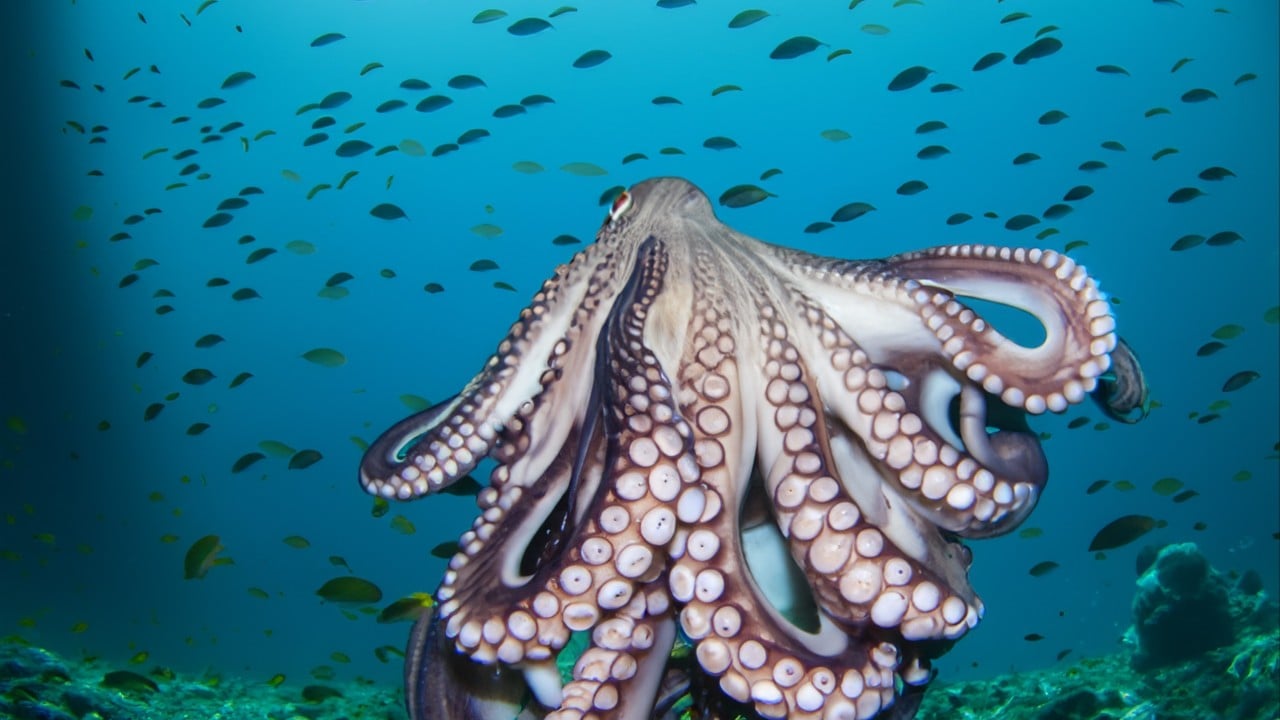France is stepping up its diplomacy in Asia to gather support for a key United Nations treaty on marine resource protection, warning that any delay in its ratification could leave the Philippines and other regional countries on the sidelines of a crucial global conference next week.
Advertisement
Only 29 countries have ratified the landmark High Seas Treaty – also known as the Marine Biodiversity of Areas Beyond National Jurisdiction (BBNJ) treaty – which requires ratifications by at least 60 countries to take effect. One of 116 signatories, the Philippines signed the treaty in 2023 but has yet to ratify it.
The treaty aims to regulate and protect marine resources in international waters, which are maritime areas beyond any single country’s jurisdiction. They cover nearly half the Earth’s surface and sustain vital ecosystems and fishing industries across Asia.
Adopted in June 2023, the treaty aims to fill governance gaps in what advocates describe as a “lawless wilderness”, where fragmented oversight has enabled overfishing, pollution and extensive deep-sea mining.
Analysts say the treaty is especially relevant for developing coastal and archipelagic states in Asia, where limited resources and vast exclusive economic zones make enforcement challenging. Concerns over unclear obligations, enforcement costs and industry pushback have hindered its ratification in many countries.
Advertisement
At a forum held in Manila on May 28, French Ambassador Marie Fontaniel urged the Philippines to be among the first 60 countries to ratify the treaty ahead of the UN Ocean Conference in Nice next week.

